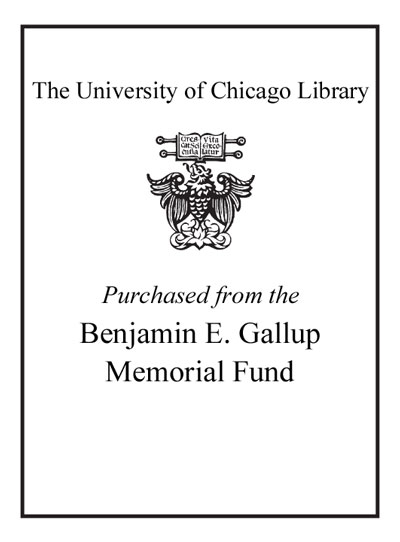| Summary: | "North Carolina has had more than its share of accomplished, influential women--women who have expanded their sphere of influence or broken through barriers that had long defined and circumscribed their lives, women such as Elizabeth Maxwell Steele, the widow and tavern owner who supported the American Revolution; Harriet Jacobs, runaway slave, abolitionist, and author of Incidents in the Life of a Slave Girl; and Edith Vanderbilt and Katharine Smith Reynolds, elite women who promoted women's equality. This collection of essays examines the lives and times of pathbreaking North Carolina women from the late eighteenth century into the early twentieth century, offering important new insights into the variety of North Carolina women's experiences across time, place, race, and class, and conveys how women were able to expand their considerable influence during periods of political challenge and economic hardship, particularly over the course of the late nineteenth and early twentieth centuries. These essays highlight North Carolina's progressive streak and its positive impact on women's education--for white and black alike-- beginning in the antebellum period on through new opportunities that opened up in the late nineteenth and early twentieth centuries. They explore the ways industrialization drew large numbers of women into the paid labor force for the first time and what the implications of this tremendous transition were; they also examine the women who challenged traditional gender roles, as political leaders and labor organizers, as runaways, and as widows. The volume is especially attuned to differences in region within North Carolina, delineating women's experiences in the eastern third of the state, the piedmont, and the western mountains"--
"This first of two volumes on North Carolina women chronicles the influence and accomplishments of individual women from the pre-Revolutionary period through the early 20th century. They represent a range of social and economic backgrounds, political stances, areas of influence, and geographical regions within the state. Even though North Carolina remained mostly rural until well into the twentieth century and the lives of most women centered on farm, family, and church, Gillespie and McMillen note that the state's people "exhibited a progressive streak that positively influenced women." Public funds were set aside to advance statewide education, private efforts after the Civil War led to the founding of numerous black schools and colleges, and in 1891 the General Assembly chartered the State Normal and Industrial School (later UNC-G) as one of the first publicly funded colleges for white women. By the late 19th century, as several essays in this volume reveal, education played a pivotal role in the lives of many white and black women. It inspired their activism and involvement in a world beyond their traditional domestic sphere"--
|
|---|

